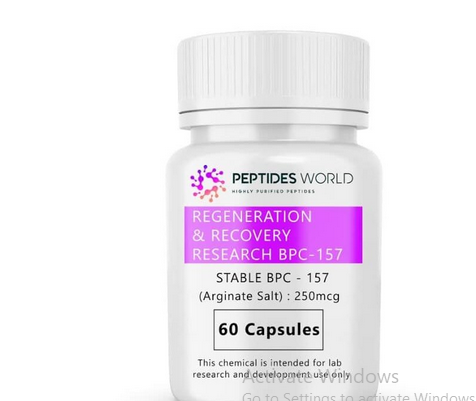
Research peptides have been gaining popularity in the scientific community for their potential applications in various fields such as medicine, biochemistry, and pharmacology. These small chains of amino acids hold great promise in advancing our understanding of biological processes and developing new treatments for a wide range of diseases. In this comprehensive guide, we will explore what research peptides are, how they are used, their benefits, and where you can find them.
research peptides are short chains of amino acids that are similar to proteins but smaller in size. They play a crucial role in biological processes by regulating cell communication, gene expression, and enzyme activity. One of the key advantages of research peptides is their high specificity, meaning they can target specific receptors or molecules in the body with precision. This makes them valuable tools for studying the function of various proteins and signaling pathways.
In research laboratories, peptides are commonly used to investigate cellular mechanisms, drug interactions, and disease pathways. For example, researchers may use peptides to study the structure-function relationship of a particular protein or develop peptide-based drugs that target specific disease-causing molecules. Peptides can also be used as diagnostic tools to detect biomarkers associated with certain conditions or as therapeutic agents to treat diseases like cancer or diabetes.
Research peptides offer several benefits over traditional drugs and chemicals. They are generally safe to use in controlled settings and have fewer side effects compared to synthetic compounds. Peptides can also be easily modified to enhance their stability, potency, or selectivity for a particular target. Additionally, peptides have a lower risk of toxicity because they are broken down into harmless components by enzymes in the body.
If you are interested in purchasing research peptides for your experiments or studies, there are several reputable suppliers that offer high-quality products. Before making a purchase, it is essential to do your research and ensure that the supplier follows strict quality control standards and provides detailed information about the purity and composition of their products. Some popular sources for research peptides include online retailers, specialty pharmacies, and academic institutions.
Conclusion: In conclusion, research peptides have revolutionized the way scientists study biology and develop new therapies for complex diseases. Their high specificity, safety profile, and versatility make them invaluable tools for conducting cutting-edge research in various fields. Whether you are a seasoned researcher or just beginning your journey into peptide science, incorporating these powerful molecules into your work can open up new possibilities for discovery and innovation. So next time you’re planning an experiment or project that requires precise molecular targeting or therapeutic intervention – consider using research peptides as your tool of choice!
